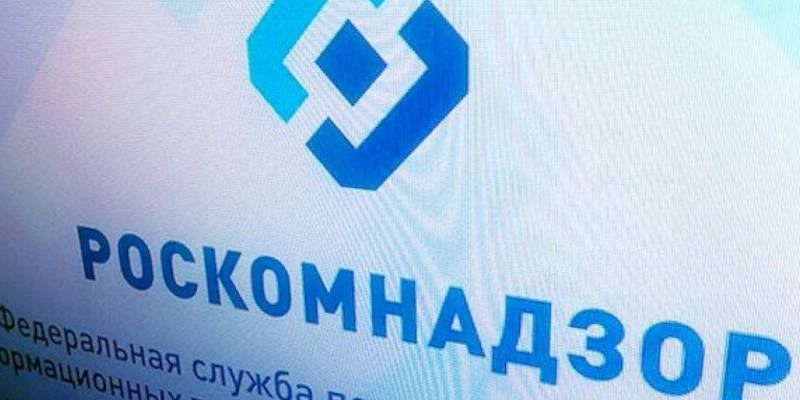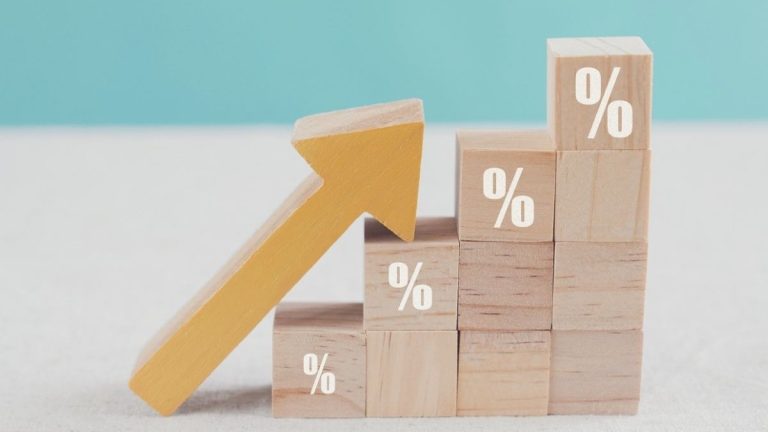Regulator in Russia to Cut Off Unlicensed Gambling Sites

Things in Russia are getting a bit more regulated. According to local news outlets, the Russia’s telecoms regulator will come up with a new set of measures that will bar citizens from accessing banned online content, much of which will include foreign gambling websites that have not acquired a proper license.
Russia Says No to Illegal Gambling Sites
Russia’s Federal Service for Supervision of Communications (Roskomnadzor) has come up with new measures to maintain control over unauthorized digital content. The regulator has decided to introduce a slew of changes that will effectively cut the access within the country to a number of banned digital sites, including such dedicated to gambling.
The news was broken by Tass, one of the country’s largest news agencies, with the head of the Roskomnadzor (the overseeing body) Alexander Zharov outlining the proposed changes and how they would be enacted. The announcement came following a meeting with legislators.
Zharov spoke to media and said that he was working on a new system that will allow the watchdog to cut the access to websites that are generally considered to not meet the pre-determined standards the body has set.
Zharov highlighted how the new system would differ from the one that is already in place, by saying that while the past iteration was intended at catching the culprits post-factum, the new one will bear down on them and prevent them from ever reaching customers and their intended public.
The Great Wall of Russia
Zharov couched his statement in terms of a “digital wall,” which would allow Roskomnadzor to successfully nip the problem in the bud. On the list of unauthorized websites, Zharov noted that all gambling websites that hadn’t obtained a Russia-approved license would be targeted by the new measures.
This means that any gambling website that is not part of the officially approved 15 online gambling venues holding a license would immediately disappear behind the wall. If Zharov is correct, the regulator would have found a new power to control the digital halls as it sees fit.
Just in September, the watchdog was banning illegal content at 1,500 websites a day, which is a staggering number by all estimates. In 2017, the regulator managed to axe around 60,000 websites and remove their digital footprint from the internet.
While no specifics were released as to the actual technology that will go in ensuring the safety and security of the offer, Zharov did say that the agency will use the Internet Protocol v6 (IPV6) to ensure that will give it ample opportunities to follow up on its plans.
Russia was particularly successful during the FIFA 2018 World Cup, when the country both managed to cut access to foreign and unregulated bookmakers and gambling websites, but it also managed to corral its own users and make sure that the event will be a big hit among gamers. Many companies outside Russia lost on unfortunate bets that smart customers had guessed right.
Zharov touched on the existing geopolitical tensions with the Ukraine and the United States, arguing that it was many of their website that had allowed the propagation of unseemly material beyond gambling. With this, he concluded that many of the websites that will come under the hits of the new regulation will be based in the aforementioned countries.



